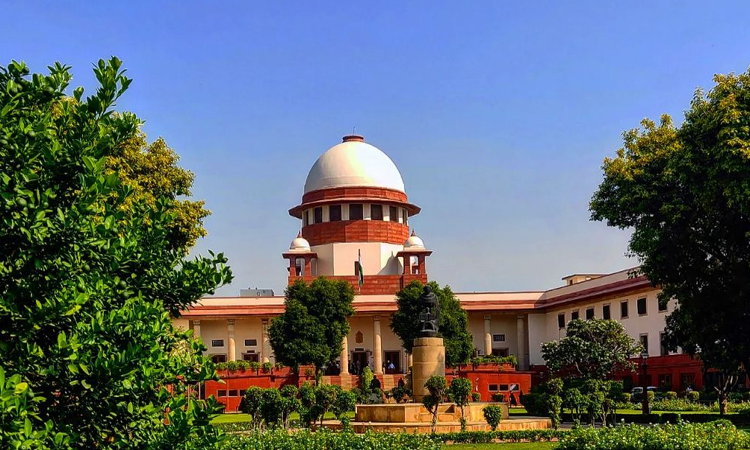High Court Cannot Exercise The Power Of Remission Itself : Supreme Court
Ashok KM
12 Nov 2022 8:51 AM IST

Next Story
12 Nov 2022 8:51 AM IST
The Supreme Court observed that while exercising the power of judicial review, a High Court cannot excercise the power of remission itself.In this case, the convict in a murder case had undergone 12 years and 9 months of actual sentence and 14 years and 6 months with remission when he sought premature release. The authorities kept the issue pending which made him approach the Punjab and...
